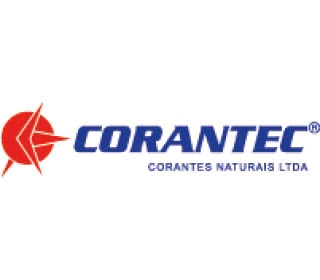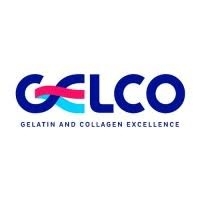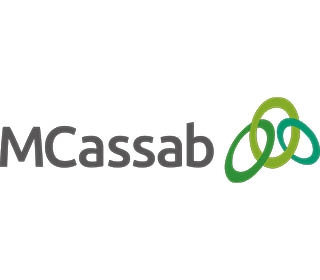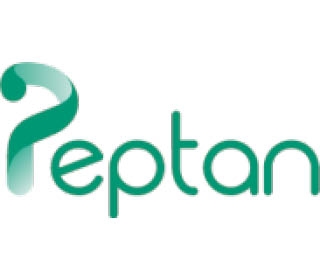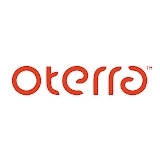Cultured meat: Tyson Foods buys stake in startup, CEO insists it’s not “counterintuitive”
Clean meat innovators Memphis Meats has been getting a lot of attention from investors recently with billionaire businessmen Richard Branson and Bill Gates staking their claim in the pioneering company last year – and now the venture capital arm of Tyson Foods has invested in the food tech startup which lab-grows meat directly from animal cells.
The terms of the deal have not been disclosed, but US multinational corporation Tyson Foods – the world's second largest processor and marketer of chicken, beef and pork – says the investment represents a minority stake in the business.
This is Tyson Foods second investment in alternative meat production. The US meat processor snapped up a five percent stake in a Los Angeles-based producer of plant-based meat substitutes, Beyond Meat in 2016. Beyond Meat makes meats from protein sources such as peas and soy.
Tyson Foods says the investment is an example of the company’s commitment to exploring innovative, new ways of meeting growing global demand for protein.
Tyson Foods joins a diverse group of investors in Memphis Meats, which also includes industry leaders, top venture investors and mission-driven groups, such as DFJ and Atomico as well as Cargill.
“We’re excited about this opportunity to broaden our exposure to innovative, new ways of producing meat, especially since global protein demand has been increasing at a steady rate,” said Justin Whitmore, executive vice president corporate strategy and chief sustainability officer of Tyson Foods.
“We continue to invest significantly in our traditional meat business, but also believe in exploring additional opportunities for growth that give consumers more choices.”
“We are excited that Tyson Foods will be joining us in our mission to bring meat to the table in a sustainable, affordable and delicious way,” explained Uma Valeti, M.D., co-founder and CEO of Memphis Meats.
“Our vision is for the world to eat what it loves, in a way that addresses today’s challenges for the environment, animal welfare and public health. We are accelerating our work and building out a world-class team to make this a reality.”
Memphis Meats expects to use the funds to accelerate product development. The company is currently recruiting to expand its team of chefs, scientists, creative people and business people.
In a comprehensive company statement Tom Hayes, President and CEO of Tyson Foods, explains how, although it might seem counterintuitive, investing in alternative protein to keep pace with demand as well as feeding the growing global population.
Here is what he says: “At first, it might seem counterintuitive.”
“Admittedly, it seemed counterintuitive to some inside our company too.”
“We know what comes to mind when people think of Tyson Foods – and that’s chicken. But in truth, we’re about chicken and so much more. We’re about sausage and pepperoni. Scrambled eggs and convenience snacks. Deli turkey and beef jerky. And now, through our Venture Capital Fund, cultured meats and plant-based proteins.”
All of those foods have one common link: protein.
Simply put, today’s consumers want more protein. Sixty percent of us are actively trying to add more protein to our diets, and when we think about the attributes we want in our food, protein tops the list – outranking all-natural ingredients and vitamins and minerals.
At the same time, our global population continues to grow. There will be a billion more people in the world by 2030, and each person is expected to eat more calories. Those factors combined mean the world will need to supply at least 20 percent more calories in 2030 than it does today.
The question facing all of us: How will we feed this growing number of people the protein they want, in ways that are sustainable?
We believe it will take a combination of innovative and traditional approaches.
That’s why Tyson Foods is investing in alternative proteins through Beyond Meat and Memphis Meats, giving our growing population more ways to feel good about the protein they’re eating.
We’re also stepping up our game on animal proteins by reinvesting millions of dollars in our core businesses and making bold moves that matter to consumers, like raising chicken without antibiotics. Consumers are eating more animal protein than ever before, and we’re committed to getting that protein to them.”
“This isn’t an ‘either-or scenario’; it’s a ‘yes and’ scenario.”
“If you think about it, a protein strategy inclusive of alternative forms is intuitive for Tyson Foods. It’s another step toward giving today’s consumers what they want and feeding tomorrow’s consumers sustainably for years to come.”
“No one knows exactly what the future of food will look like. That’s why we’re exploring new approaches. Some will resonate with consumers more than others, but we believe every attempt will move us forward – as a business and as a planet hungry for protein.”







